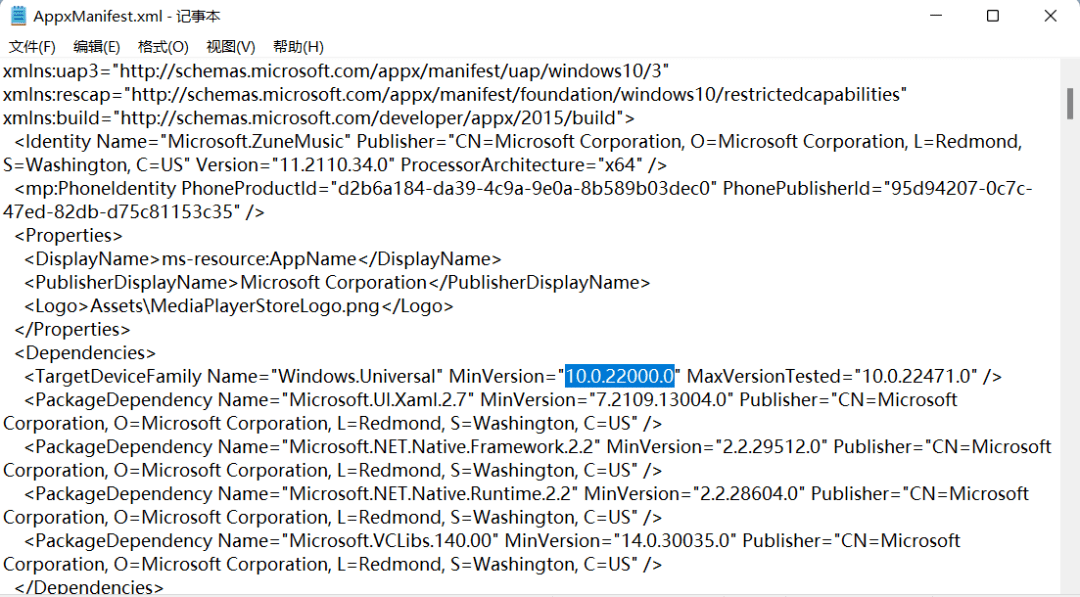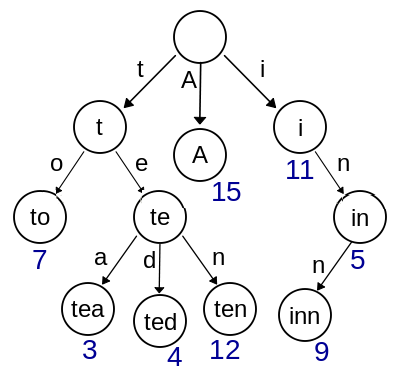Understanding FHA Loan Types: A Comprehensive Guide to Your Home Financing Options
Guide or Summary:What Are FHA Loans?Types of FHA LoansBenefits of FHA LoansEligibility RequirementsWhen it comes to purchasing a home, understanding the var……
Guide or Summary:
When it comes to purchasing a home, understanding the various financing options available is crucial. One of the most popular choices among first-time homebuyers and those with less-than-perfect credit is the FHA loan. In this article, we will delve into the different FHA loan types, exploring their benefits, eligibility requirements, and how they can help you achieve your dream of homeownership.
What Are FHA Loans?
FHA loans, or Federal Housing Administration loans, are mortgage loans insured by the FHA. This government-backed insurance allows lenders to offer loans with lower down payments and more flexible credit requirements. FHA loans are particularly appealing to first-time homebuyers, those with lower credit scores, and individuals who may not have a substantial amount of savings for a down payment.
Types of FHA Loans
There are several FHA loan types, each designed to meet different borrower needs. Here are the primary FHA loan types available:
1. **FHA 203(b) Loan**: This is the most common FHA loan type, primarily used for purchasing a home. It allows for a down payment as low as 3.5%, making it an excellent option for first-time buyers. The 203(b) loan can be used for single-family homes, multi-family properties (up to four units), and some condos.
2. **FHA 203(k) Loan**: If you're looking to buy a home that needs repairs, the FHA 203(k) loan may be the right choice for you. This loan type allows borrowers to finance both the purchase of the home and the cost of renovations in a single mortgage. There are two variations: the Standard 203(k) for major renovations and the Limited 203(k) for smaller, less extensive repairs.

3. **FHA Streamline Refinance**: For current FHA loan holders, the FHA Streamline Refinance program offers a way to lower monthly mortgage payments without the need for extensive documentation or credit checks. This program is designed to simplify the refinancing process and is particularly beneficial for those who have experienced a decrease in interest rates since their original loan was secured.
4. **FHA Energy Efficient Mortgage (EEM)**: This loan type is aimed at homeowners looking to make energy-efficient improvements to their property. Borrowers can finance the cost of energy-efficient upgrades through their FHA loan, which can lead to long-term savings on utility bills.
5. **FHA Home Equity Conversion Mortgage (HECM)**: Designed for seniors aged 62 and older, the HECM allows homeowners to convert a portion of their home equity into cash while still retaining ownership of their home. This can be a valuable financial tool for retirees looking to supplement their income.
Benefits of FHA Loans
FHA loans offer numerous advantages that make them an attractive option for many borrowers:
- **Lower Down Payments**: With a minimum down payment of just 3.5%, FHA loans make homeownership accessible to those who may not have substantial savings.

- **Flexible Credit Requirements**: FHA loans are designed to accommodate borrowers with lower credit scores, making it easier for individuals with less-than-perfect credit histories to qualify.
- **Assumable Loans**: FHA loans can be assumed by future buyers, which can be a selling point if you decide to sell your home in the future.
- **Competitive Interest Rates**: Because FHA loans are backed by the government, lenders often offer competitive interest rates, which can lead to significant savings over the life of the loan.
Eligibility Requirements
While FHA loans are more accessible than conventional loans, there are still eligibility requirements that borrowers must meet. These include:
- A minimum credit score of 580 for a 3.5% down payment, or 500-579 for a 10% down payment.

- A steady employment history or a reliable source of income.
- A debt-to-income ratio typically not exceeding 43%.
In conclusion, understanding the various FHA loan types and their benefits can empower you to make informed decisions about your home financing options. Whether you're a first-time buyer, looking to renovate, or seeking to refinance, FHA loans provide a pathway to homeownership that accommodates a wide range of financial situations.